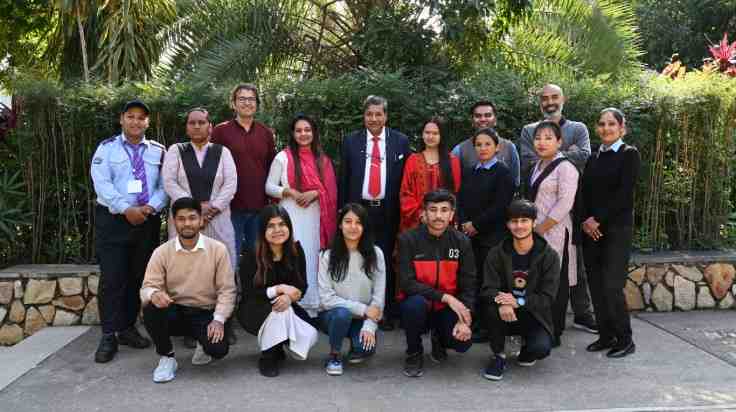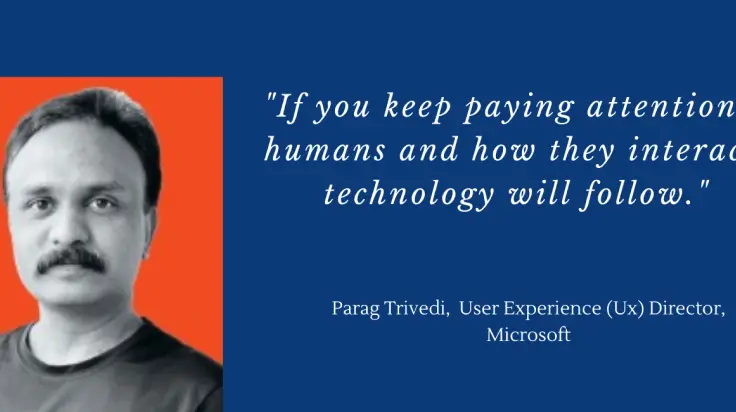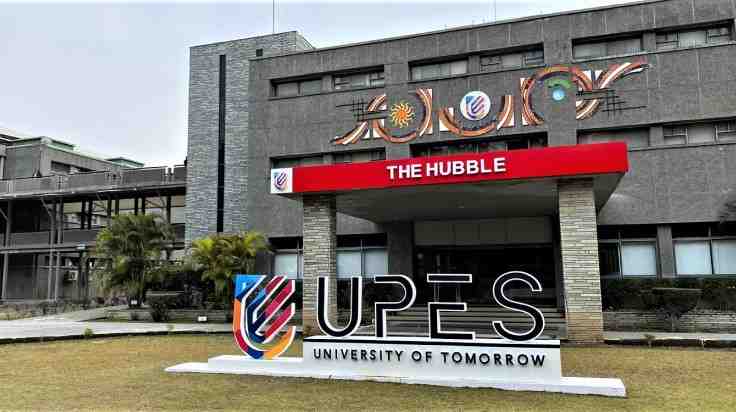Good mentoring is critical to a mentee’s career success
- Mansha Dhingra
- Published 15/06/2021

High-quality mentoring programs in higher education helps learners acclimate to new subjects and increase the likelihood of academic success. Personalized direction to students helps improve attitudes, values and skills needed to master the curriculum and develop self-confidence
The transition from school to university is a life-changing experience for young adults, as it involves many challenges. First-year students have to manage their new study schedules, build social networks and friendships, and adjust to the requirements of the university style of learning and teaching. Furthermore, with rapid advancements in globalization, technology, and societal development the demand for a workforce that is responsive to complex problems that are often systemic and require innovative solutions.
Therefore, educational institutions should understand that mentoring is an integral part of young adults’ understanding of leadership and assists first-year students in adapting from school to university culture. These programmatic interventions have diverse content (seminars, workshops, necessary resources, and research material) and are structured quite differently.
Role of mentorship in academic excellence
Mentorship programs guide students to proactively direct learning in higher education by inculcating effective study habits, offering a supportive and collaborative environment for good teaching, learning, research, innovation, and ideation. These programs help students to develop into more confident, self-directed independent learners. Mentors help mentees apply knowledge gained in classrooms to everyday life and translate life experiences into learning opportunities. Mentoring initiatives improve academic skills by helping students with school projects and encouraging the use of libraries and other research materials available. By providing information, guidance, and encouragement, mentors play an important role in nurturing students’ college aspirations, helping them prepare for the professional world and advising them on how to make successful transitions from high school to their first year on campus. In addition, students feel more connected and engaged on college grounds, which can ultimately improve their results.
Further, mentors provide students with the emotional and psychological support needed to advance their careers and succeed. Structuring mentoring framework imparts advanced education to develop students into research scholars, policymakers, and public and private sector professionals involved in the complex globalized economies of the 21st century.
Enhanced mentoring also serves as a personal enhancement strategy through which one person facilitates the development of another by sharing known resources, ideas, learning, expertise, values, skills, perspectives, attitudes, and proficiencies, and professional competence. It allows the learner to build skills and knowledge while increasing their career prospects.
Mentor-mentee relationship
Outcomes of mentoring programs not only depend on the objective of the program but also the relationship between mentor and mentee. Mentor competence and mentee commitment go hand in hand. While the journey of each individual mentor-mentee is unique, each mentoring relationship is built on trust, understanding, respect, and compassion, regardless of where that journey leads.
A mentor is envisioned as someone who is a counsellor, an experienced guide, a trusted ally, a teacher, one who instructs, chides, and assists the students in attaining success. A mentor helps students discover and develop the potential within themselves to succeed in the university and life. An effective mentor is respectful, reliable, patient, trustworthy, and a good listener and communicator.
Developing students’ capacities, skills, values, and attitudes is possible through a well-structured mentoring process and learning experience. These frameworks can change a young person’s attitudes about school, their perception of academic competence, and motivate them to evolve.
UPES Mentoring Program
UPES has launched a mentoring initiative to encourage interaction, provide guidance to students and enhance their chances of academic success. A mentor will be assigned for every 25 students who will be personally responsible for their personal and professional growth. The Mentoring Program provides lifelong learning and developmental opportunities for the students. The primary objective of the program is to promote students’ development in specific areas.
The program mentors first-year students to smoothly transition to a university atmosphere. Second and third-year students gain knowledge about various organisations, learning experiences and lucrative career opportunities. Students also get access to professional networks. Final year students are mentored by professionals who assist them with the transition from university to employment. These professionals are either UPES alumni or industry experts supporting the program.
Objectives of the program:
- Help students in their transition to the university environment and navigate their programs of study.
- Guide students about the various career opportunities available and support their personal growth.
- Provide opportunities for students to build academic and social skills and practice professional networking skills.
- Equip students to make informed decisions.
- Shape students into confident graduates, with leadership, communication, critical thinking and other skills important for transition into the workplace.
Says Ram K Sharma, Dean, Academics, UPES “The Mentoring System at UPES is designed to help every student transit successfully from the school to the university environment and achieve his/her full academic and personal potential by providing him/her with efficient, effective and timely advice, guidance and support. Mentoring System not only helps students think through their life goals or major professional decisions, but has also been designed to inculcate a sense of belonging in every student. It reaffirms that the university cares for every student and is committed to his/her success and well-being.”
Mansha Dhingra
The writer is a part of the UPES editorial team
Tags
- mentor-mentee system
- mentorship program
- UPES mentorship program
UPES Admission Enquiry
Subscribe to UPES Blogs
Join our community for exclusive stories, insights, and updates
By clicking the "Subscribe" button, I agree and accept the privacy policy of UPES.



























